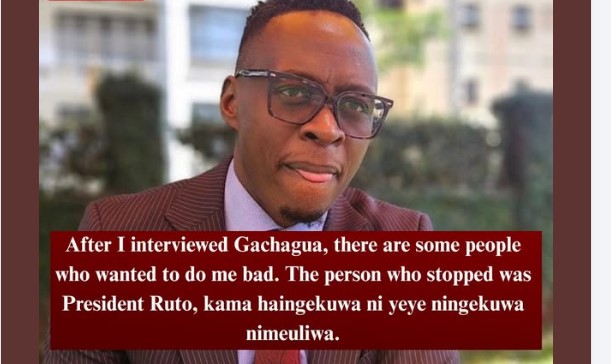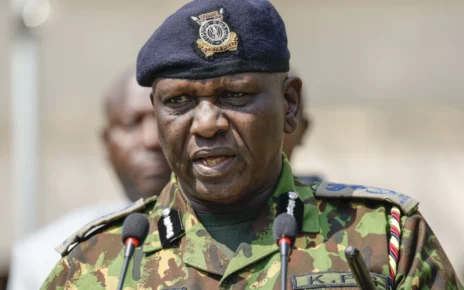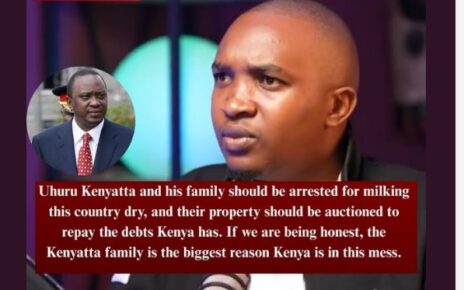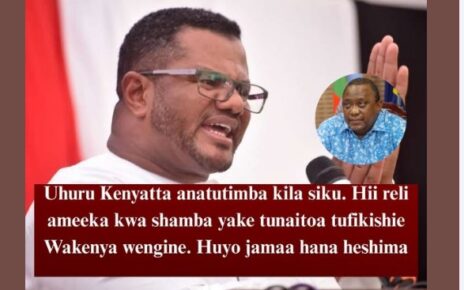Media personality and content creator Oga Obinna has made startling revelations about the events that followed his high-profile interview with Deputy President Rigathi Gachagua. Speaking openly and with visible emotion, Obinna claimed that the interview triggered serious hostility from unnamed individuals who allegedly wanted to harm him.
According to Obinna, the situation escalated to the point where his life was in real danger—until President William Ruto personally intervened.
“After I interviewed Gachagua, there are some people who wanted to do me bad. The person who stopped it was President Ruto. Kama haingekuwa ni yeye ningekuwa nimeuliwa,” Obinna said, shocking many of his fans and followers.
His revelation has sparked widespread debate about the safety of journalists and content creators in Kenya’s highly charged political environment. While political interviews are a common part of media work, Obinna suggested that this particular conversation had powerful implications that angered certain individuals.
The claim that President Ruto intervened to protect him adds another layer of intrigue. It suggests that the tension surrounding Gachagua—and the political battles within Kenya Kwanza—may be deeper than the public sees. If true, Obinna’s experience highlights the dangerous intersection between politics, truth-telling, and media freedom.
Observers note that Obinna’s interview with Gachagua generated significant attention, with many interpreting the DP’s comments as direct confrontations aimed at rivals within government. The backlash Obinna describes may reflect frustration from factions unhappy with how the interview reshaped public discourse.
Social media users have responded with mixed reactions. Some expressed sympathy and praised Obinna for speaking out, while others demanded further details, questioning why such threats would arise from a simple interview.
Regardless of public opinion, Obinna’s claims open a broader conversation about the risks faced by media professionals who engage with politically sensitive subjects. His experience serves as a reminder that even in 2025, freedom of expression remains fragile in certain spaces.
As investigations and public discussions continue, one thing is certain: Obinna’s revelation has added a dramatic twist to Kenya’s ongoing political tensions, raising urgent questions about who holds power—and how far some are willing to go when political narratives are challenged.



